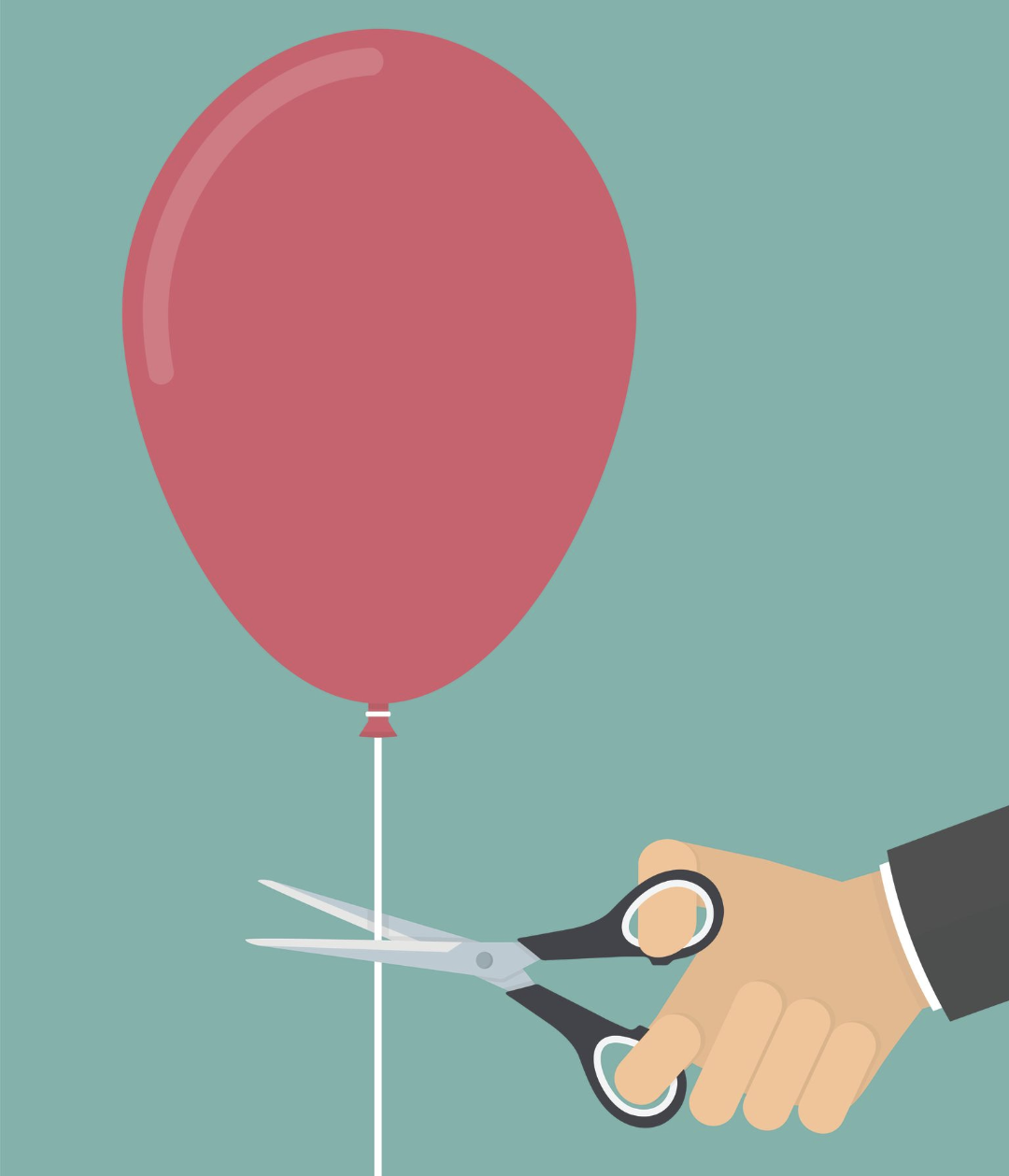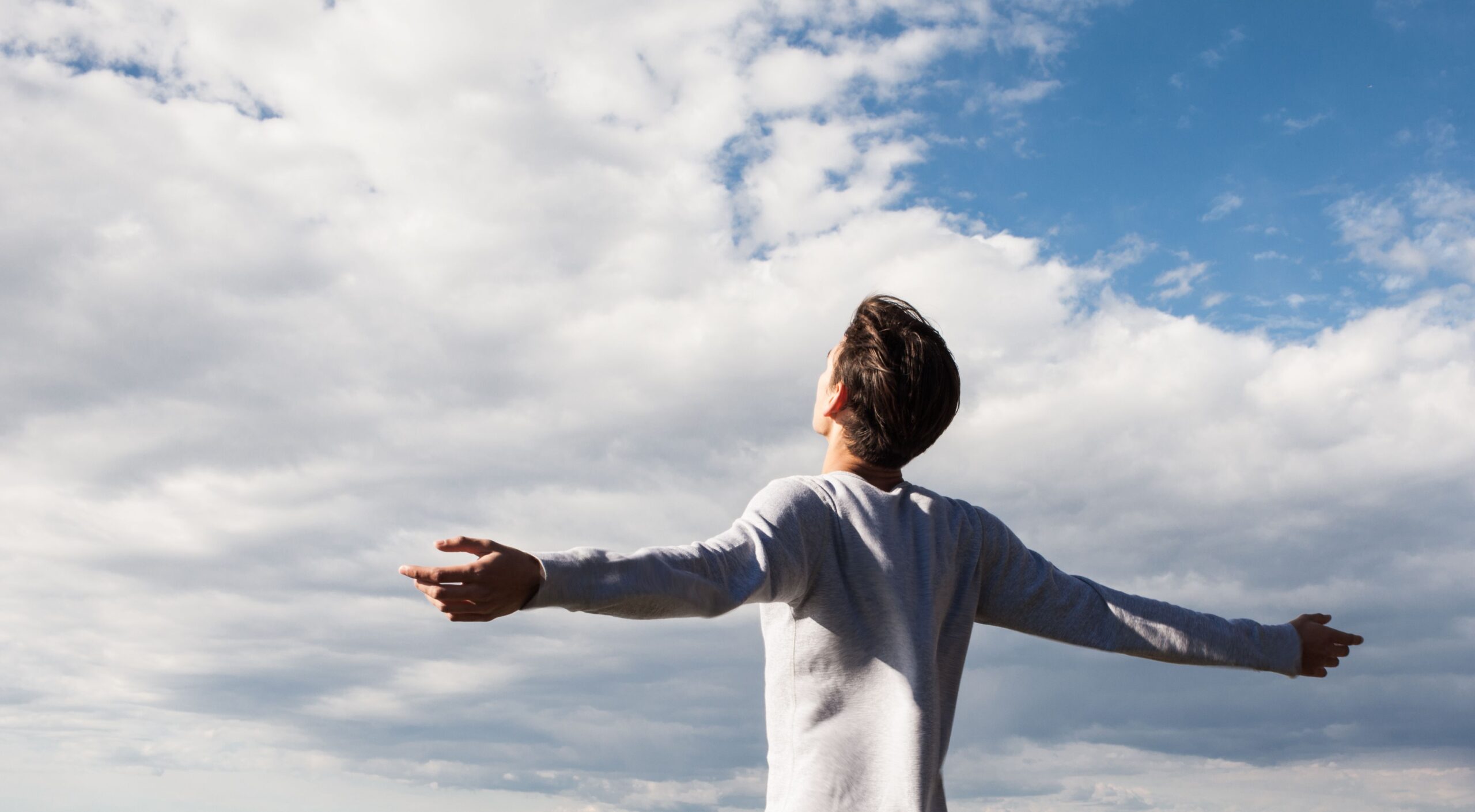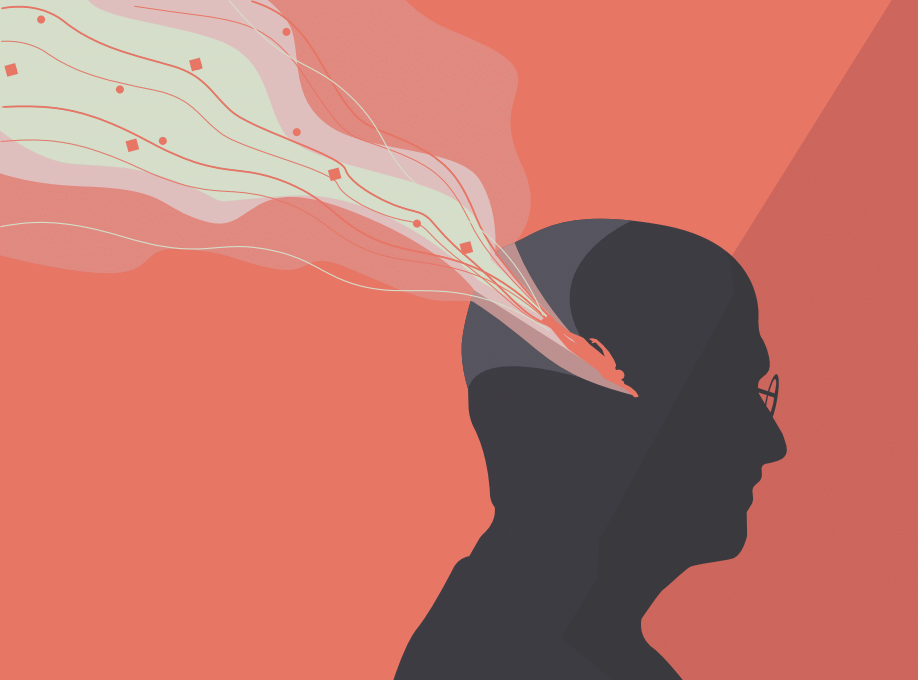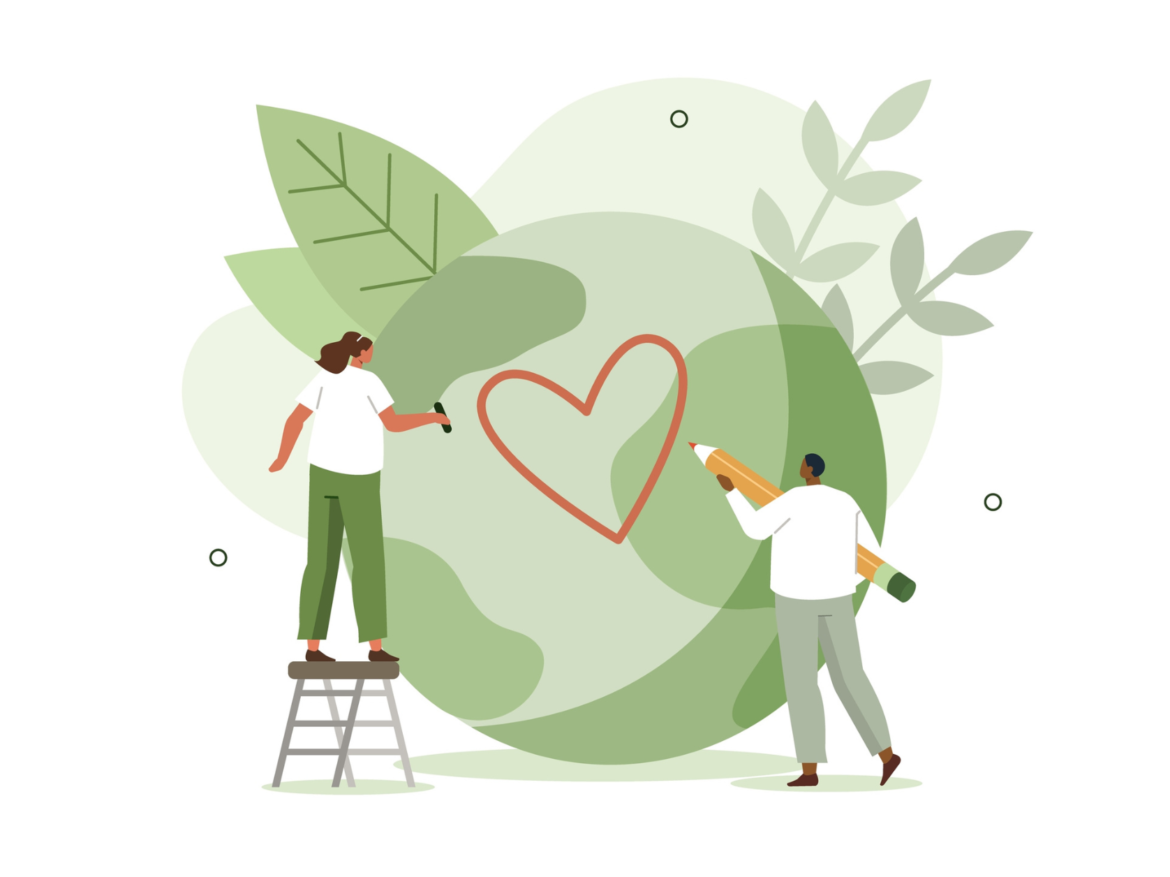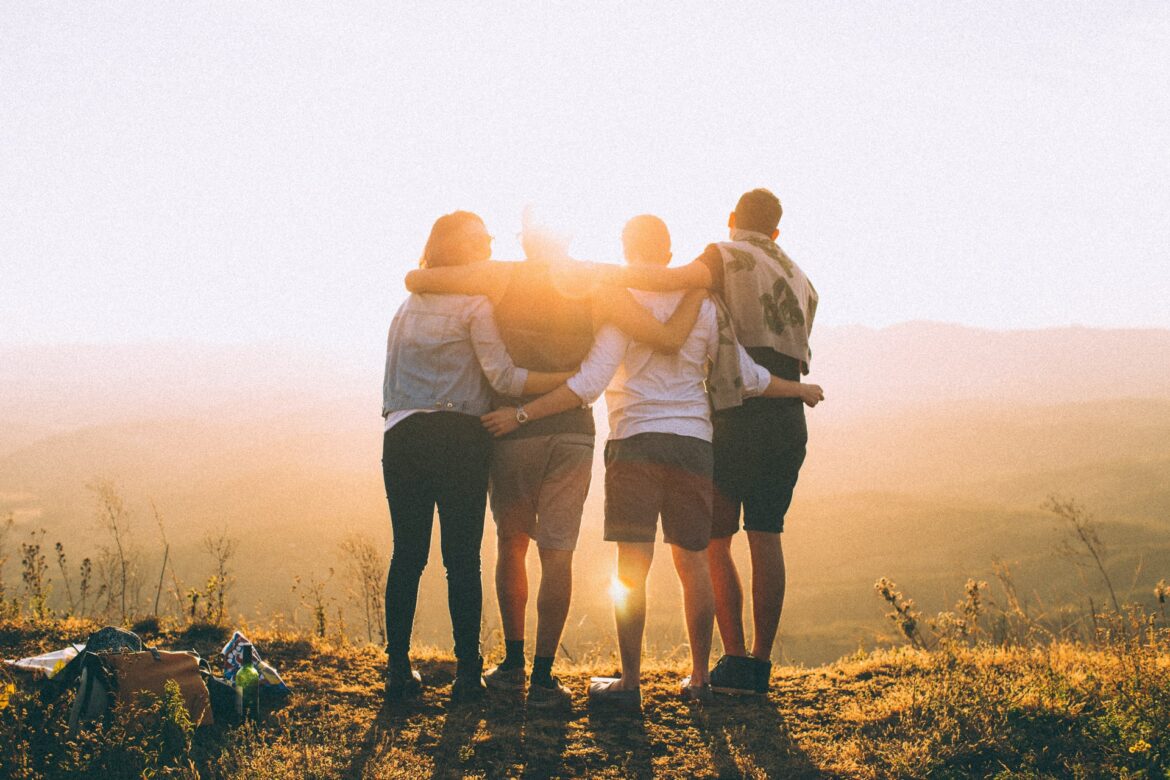Our summer issue is out now!
Davie Philip, a community catalyst and facilitator at Cultivate.ie, shares his thoughts on the importance of community. He talks about how joining together creates a healthy domino effect into many areas of life.
Dive on in to learn more…

